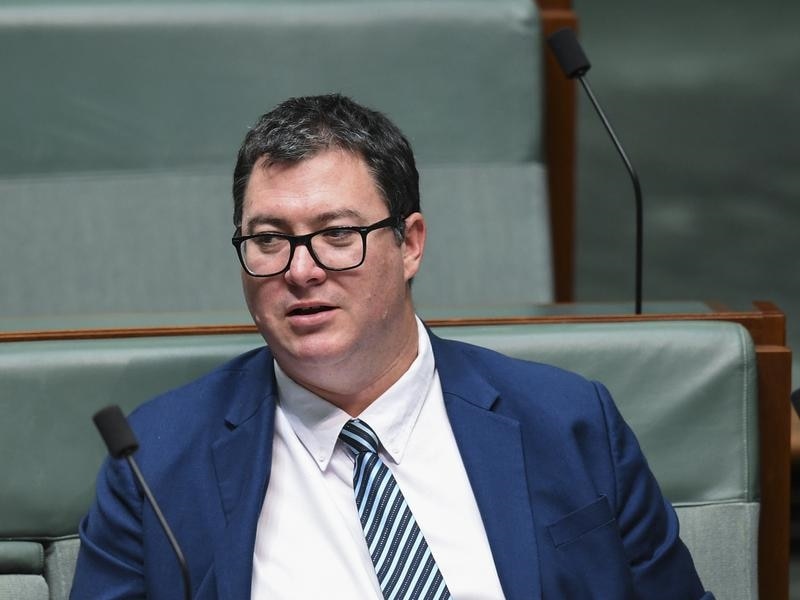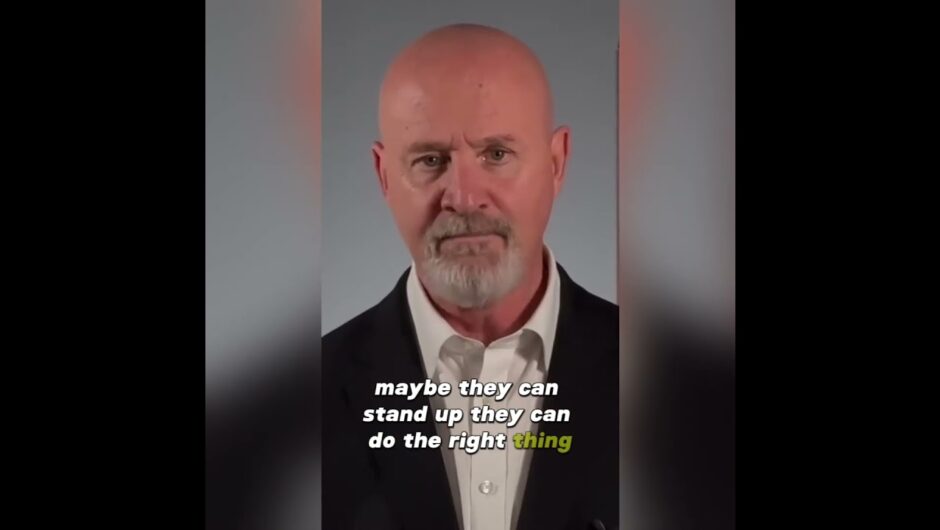A move by social media giants to ban US President Donald Trump has sparked renewed debate among politicians in Australia over whether the suspensions amount to problematic censorship.
Deputy Prime Minister Michael McCormack, Treasurer Josh Frydenberg and other outspoken government MPs have criticised the platforms’ ban after the president was accused of inciting a riot at the US Capitol.
The US president was removed from Twitter, Facebook and Instagram after posting messages the tech-giants deemed could invoke further violence.
Mr McCormack – who is acting prime minister this week – said it should not be up to the platforms to decide whose voices were heard.
“I’m not in favour of censorship – I think if people don’t like what they see on Twitter – well don’t go onto that social media platform,” he told reporters.
Prime Minister Scott Morrison and Mr McCormack have both resisted criticising Mr Trump over his role in stoking the demonstrations at the Capitol.
This is despite other world leaders like British Prime Minister Boris Johnson directly laying blame on the US president for his rhetoric of a “stolen election”.
Mr McCormack had earlier called the scenes at the Capitol “unfortunate” and also likened it to Black Lives Matter protests last year, which he described as “race riots”.
He said the ban by Twitter on Mr Trump amounted to a double standard, pointing to its decision not to remove a doctored image of an Australian soldier slitting the throat of an Afghan child.
“Now that has not been taken down and that is wrong,” Mr McCormack said.
“If you’re going to take down Donald Trump’s Twitter feed then think very carefully and closely about also taking down that photo, which should have been taken down weeks ago.”
The censorship measures have divided the opinion of politicians in Australia.
Treasurer Josh Frydenberg said he was “uncomfortable” with Mr Trump’s exclusion from the social media platform.
“Freedom of speech is fundamental to our society … those decisions were taken by commercial companies – but personally I felt uncomfortable with what they did,” he told reporters.
In contrast, opposition leader Anthony Albanese backed the decision and has criticised Mr Morrison for not condemning government MPs accused of spreading misinformation supporting Trump’s views.
“It’s about time that people weren’t given a platform to spread hatred, to spread lies, which has had consequences for people,” he said.
Liberal MP Dave Sharma over the weekend also voiced his support for Twitter’s move, saying it was the “right decision on the facts” but said he was “deeply uncomfortable” with the precedent it sets.
Labor’s Tim Watts said claims the ban amounts to “censorship” by social media companies are inaccurate.
“Social media platforms have a responsibility to stop people from using their platforms to incite violence, engage in hate speech or spread dangerous medical misinformation during a pandemic,” he said.
Social media ban prompts push to protect ‘free speech’
The platform’s response has also prompted Liberal National MP George Christensen to start a petition for support to introduce laws to stop social media platforms from censoring lawful speech in Australia.
Mr Christensen says Twitter and Facebook were wrong to suspend Mr Trump, claiming he had urged peace in the aftermath of the riot at the Capitol.
His petition says it is a “matter of urgency” that legislation is introduced to ensure Twitter, Facebook, YouTube and other social media platforms can no longer ban, censor or “fact-check” users for posting content that is lawful.
Cyber analyst Alex Bruns from QUT’s digital media research centre said there is a widespread “misunderstanding” over the rights of users on social media platforms.
“There is absolutely no obligation on them to allow you to do and to say what you want to say” he told SBS News.
“Certainly there’s no obligation for Twitter or Facebook on them to carry your message if you are advocating violent insurrection.”
Mr Christensen and fellow government MP Craig Kelly have repeatedly been accused of spreading misleading claims about the US election since November.
Labor’s Treasury spokesperson Jim Chalmers said the government’s leaders needed to call out the behaviour of the MPs and stop hiding behind the defence of free speech.
“These are dangerous characters, expressing dangerous views and the Prime Minister needs to shut them up,” he told reporters.
Twitter has also faced backlash for making the decision to suspend Mr Trump’s account after the Capitol riots and not in the wake of other controversial tweets.
Researcher Tom Sear from UNSW Canberra said the fallout of the decision to ban Mr Trump’s from social media platforms was indicative of the political influence of the tech giants.
“It is indicative of the strength of platforms today and how rapidly they’ve come to redesign our entire political system and their power globally,” he told SBS News.







